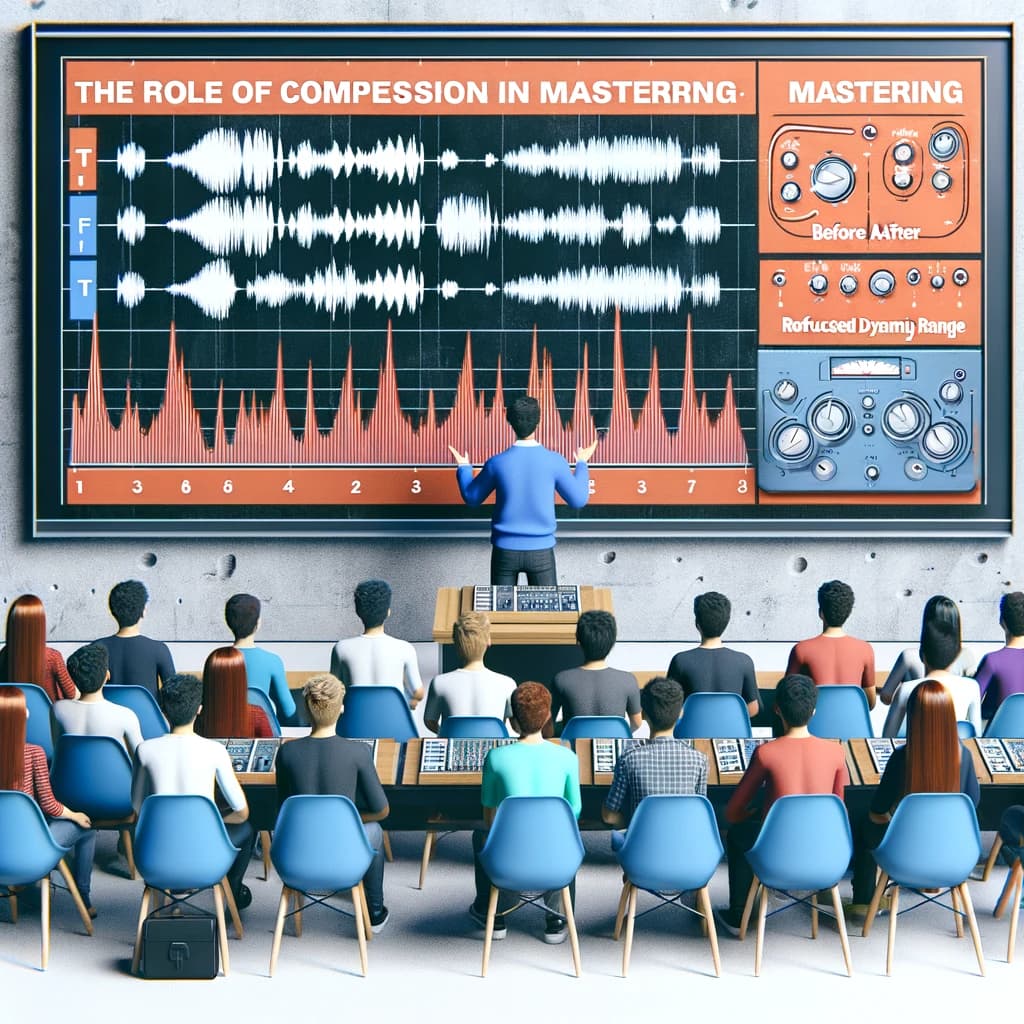The early years of education play a pivotal role in shaping a child’s future success. At kienhoc.vn, we believe that fostering strong elementary education foundational stage is essential during this critical stage. These skills serve as building blocks for lifelong learning and development, enabling children to thrive academically, socially, and emotionally.
Building Strong Foundations: Essential Skills in Early Education
The early years of school are super important for building strong foundations. It’s like building a house – you need a good base to make it strong and steady. These foundations are the basic skills that help kids learn and grow in all areas of their lives.
Some of the most important foundational skills include reading, writing, and math. Reading helps kids explore new worlds and learn about different things. Writing helps them express their thoughts and ideas. And math helps them solve problems and understand how the world works.
| Skill | Why it’s Important |
|---|---|
| Reading | Explores new worlds, learns about different things |
| Writing | Expresses thoughts and ideas |
| Math | Solves problems, understands how the world works |

Nurturing a Love for Learning: Engaging Young Minds
Making learning fun is super important for young kids. When they’re having fun, they’re more likely to want to learn and explore new things. It’s like playing a game – the more fun it is, the more you want to keep playing!
There are lots of ways to make learning fun. Teachers can use games, songs, stories, and hands-on activities to help kids learn. They can also take kids on field trips to explore new places and learn about different things. For example, a trip to the zoo can teach kids about animals, while a trip to a museum can teach them about history or science. Check out our article on elementary education jobs to learn more about the exciting opportunities in this field!
Making Learning Fun
Games are a great way to make learning fun. Kids can play math games to practice their numbers, or they can play word games to learn new vocabulary. There are also lots of educational apps and websites that kids can use to learn while they play.
Songs are another fun way to learn. Kids can sing songs about the alphabet, numbers, or even science concepts. Singing helps them remember information and makes learning more enjoyable. You can find resources on elementary education degree programs to explore different approaches to engaging young minds.
- Games: Make learning interactive and enjoyable.
- Songs: Help with memorization and add a fun element to learning.
- Stories: Spark imagination and teach valuable lessons.
- Hands-on Activities: Provide practical experiences and reinforce learning.

Creating a Supportive Environment: Fostering Growth and Development
Just like plants need sunshine and water to grow, kids need a supportive environment to learn and thrive. This means creating a safe and welcoming space where they feel comfortable asking questions, making mistakes, and trying new things. It’s also important to give kids plenty of opportunities to explore their interests and talents.
Teachers and parents can create a supportive environment by being patient, encouraging, and understanding. They can also provide kids with the resources they need to learn, such as books, toys, and educational materials. For example, a reading corner with comfy chairs and lots of books can encourage kids to develop a love for reading. Explore various elementary education degree programs to learn more about creating effective learning environments.
- Patience: Give kids time to learn and grow at their own pace.
- Encouragement: Celebrate their successes and support them through challenges.
- Understanding: Be sensitive to their individual needs and learning styles.

Beyond the Classroom: Collaboration and Family Engagement
Learning doesn’t stop at the classroom door! It’s like a big adventure that continues at home and in the community. When teachers, families, and the community work together, it creates a super supportive network for kids to learn and grow. It’s like having a whole team cheering you on!
Teachers can connect with families by sharing what kids are learning in class and suggesting fun activities to do at home. Families can support their kids by reading with them, helping them with homework, and talking about what they’re learning. And the community can provide resources and opportunities for kids to learn and explore, like libraries, museums, and after-school programs. Discover more about the elementary education jobs available and how you can contribute to this collaborative effort.
The Power of Teamwork
When everyone works together, it’s like a superhero team fighting for kids’ success! Teachers bring their expertise in teaching and learning, families provide love and support, and the community offers a wealth of resources and opportunities. This teamwork helps kids feel connected, supported, and excited about learning. Explore elementary education degree programs to learn how to foster collaboration and create a strong support system for young learners.
For example, a school might organize a family science night where kids and their parents can do fun experiments together. Or a community center might offer after-school tutoring programs to help kids with their homework. These kinds of activities help kids learn and grow while also strengthening the bonds between schools, families, and the community.
Building Bridges
Communication is key! Teachers can keep families updated on their child’s progress through regular newsletters, parent-teacher conferences, and online platforms. Families can share their child’s interests and needs with teachers to help them create a more personalized learning experience. And community organizations can partner with schools to provide additional support and resources for students. Learn about the elementary education degree jobs that focus on building these essential bridges between education and the community.
By working together, we can create a learning environment that extends beyond the classroom walls and empowers every child to reach their full potential. It’s like building a bridge to a brighter future for all!

Final Thought
By focusing on foundational skills, creating engaging learning experiences, and fostering a supportive environment, we can empower young learners to reach their full potential and embark on a journey of lifelong learning. The elementary education foundational stage is not just about acquiring knowledge; it’s about nurturing a love for learning that will last a lifetime.



